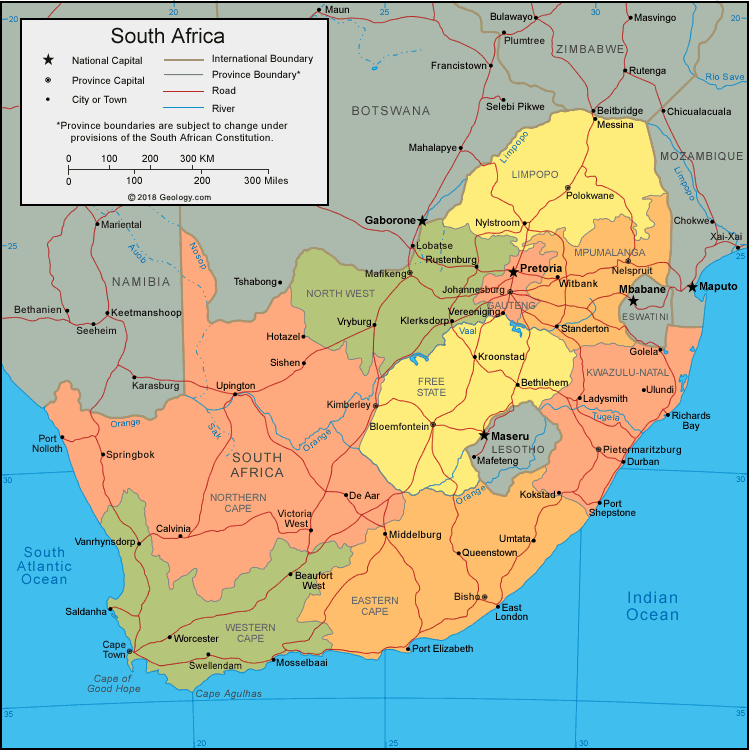I'm always amazed to realize how little I actually know. Yes, I do occasionally get smacked in the face with a dose of humility and come to terms with my lack of knowledge. I had this (now familiar) moment of epiphany this weekend while at a pre-departure meeting for South Africa. I think back to before I left for Rome and I especially think of my familiarity with Roman history before I left. We are taught these things in school—Julius Caesar, the Pantheon, the Coliseum, and much more—and they hold a privileged spot in our Western consciousness. But, I was still amazed to be humbled by the complexity and relevance of Roman history. The history of Rome was like a single tapestry, albeit with tears and rips, that sewn together make a profound history.
My smack of humility came in a realization that South African history is not dissimilar to this ideal of Roman history. South Africa, too, can be displayed as a singular tattered tapestry, torn by war and violence, frayed by the effects of colonialism, attempting to make a synthesis of people. Dr. Cleveland, our faculty-leader for this study abroad, gave a brief lecture on South African history during this pre-departure meeting. He summed it all up in 30 minutes (an impressive feat), but I left the lecture and the following discussion wondering why I had never been taught most of the material presented. Topics such as the Bantu Migration, the Boer War, Dutch colonization, a proxy war fought between the U.S. and Soviets, although prominent topics spanning centuries of rich history, never made it into my twelve years of schooling before college. I’m not entirely sure why, but I have my guesses.
In general, I think it stems from a general American discomfort in talking about race. Much has been written and much is still to be written about race in the South—its formulation and organization, its prominence, etc. And I think a long thoughtful gaze on South African history might scare us. By considering the dismantling of Apartheid (it did only occur 26 years ago), we are given a contemporary reminder of our own flirtations with inequality and prejudice that persist to this day. And if in fact, history is like a single tapestry, the origins of these systems of inequality (Jim Crow and Apartheid) are held much deeper than recent decades and are contained in centuries of historical precedent. But, to give this history a sustained deliberate look is to open myself to scrutiny, eliminating prejudices and stereotypes of my own.
As I embrace this history of South Africa, which in large part had not been given to me until recently, I am forced to embrace the fatefulness of its truth and the resiliency of its relevance. It is a different experience than Rome. But, due to my lack of knowledge I can be more open—open to culture, open to history, discarding prejudice as I embark to a new country to discover its relevance for myself.
I will be leaving on May 14th for Johannesburg. From Johannesburg, we will be flying to Kruger National Park, a game reserve in the northeast of South Africa. Back to Johannesburg for the Apartheid museum, and then a flight to Cape Town where we will spend the remaining week and a half discovering the city. There are plans to tour Robben Island, where Nelson Mandela was imprisoned, visit the Cape of Good Hope (do you remember your explorer’s history?), and take in art at the National Gallery. I hear there will also be wine tour on our final day (yes, I’m excited…duuh.) Alright, now to survive finals and then all will be cleared for an overall wonderful experience.
Until next time,
Jacob F. Maestri

Comments
Post a Comment